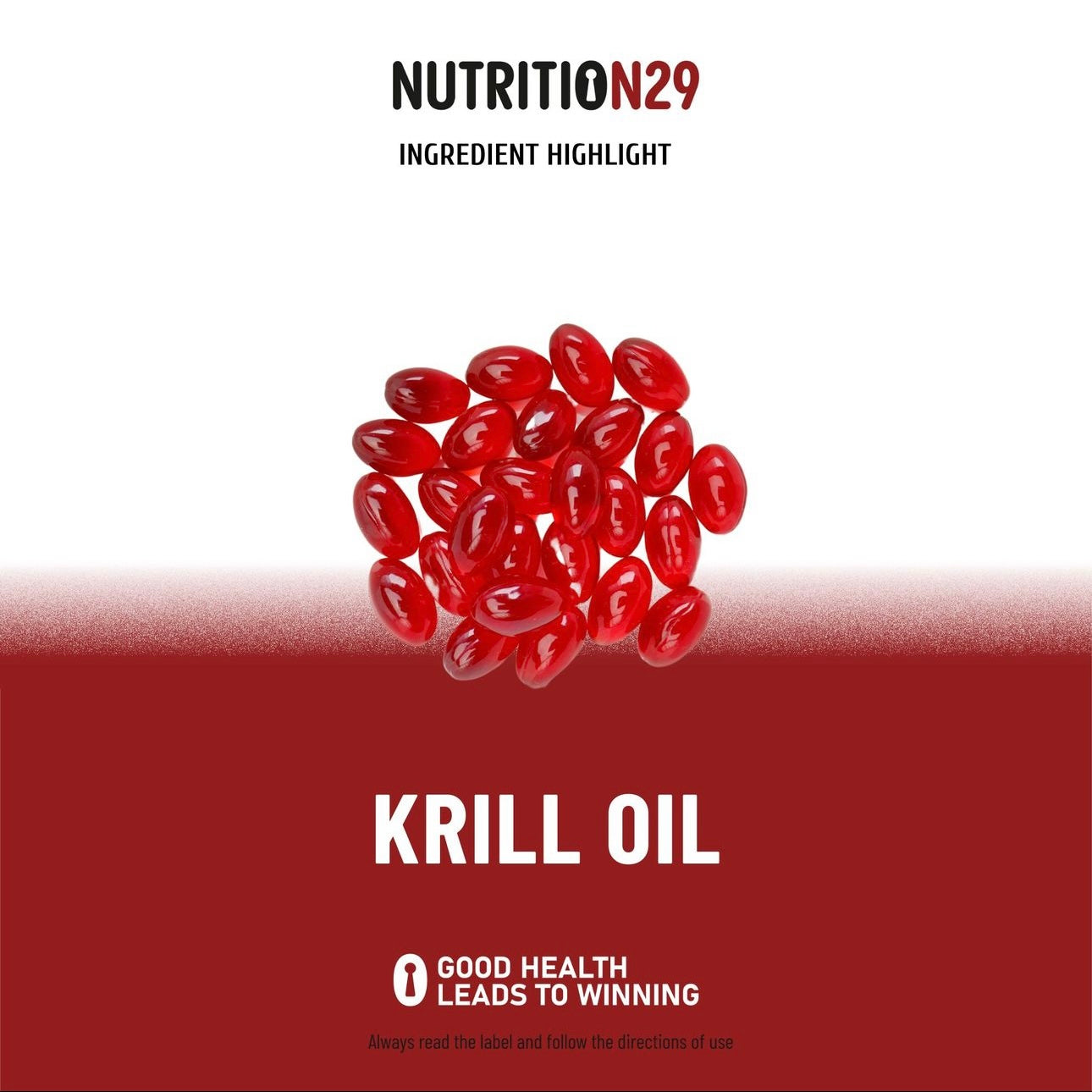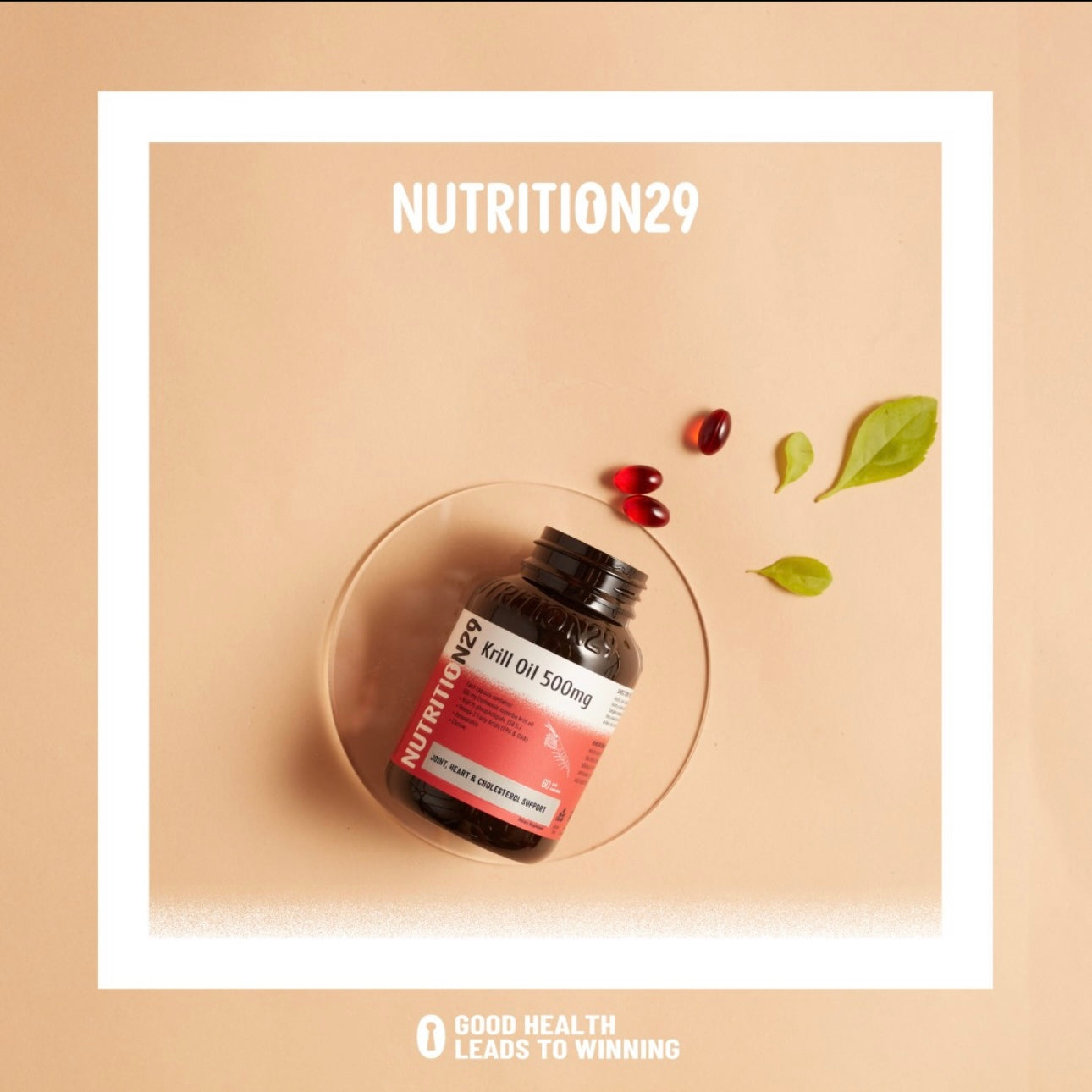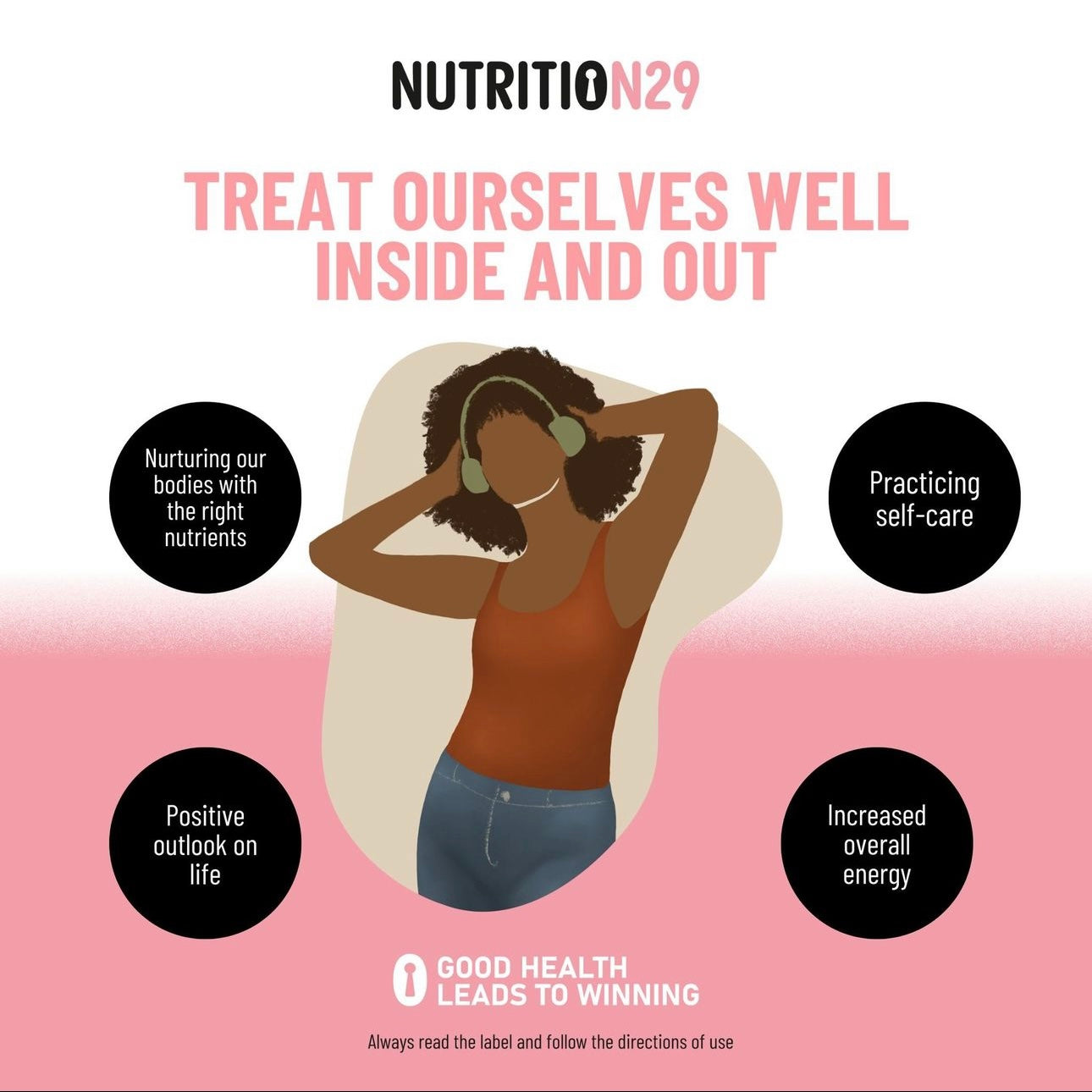Beauty Sleep is Real!
The old adage getting your “beauty sleep” might ring more true then you know. Did you know lack of sleep can take its toll on your skin? Here’s a few reason’s to get a bit more shut eye!
Dull Skin
When you miss sleep your cortisol levels increase. Cortisol triggers inflammation. Inflammation breaks down the proteins in the skin that keep skin radiant and smooth. When you are tired the blood in your body is not flowing efficiently which normally results in a lack of oxygen in the blood. This lack of oxygen causes your skin to appear ashy, pigmented, or blotchy.
Wrinkles
When you miss out on sleep this directly applies stress to the body. Chronic stress harms the integrity of the collagen in skin. Collagen is an important ingredient in the elasticity and structure of skin. When collagen is broken down, the skin shows more noticeable signs of ageing by becoming thinner and less firm. When skin is thin its appearance is less smooth and subtle and showcases wrinkling more prominently.
Acne & Sagging
Severe sleep deprivation encourages the release of cortisol, a stress hormone that breaks down collagen, causing a loss in elasticity. Stress hormones impair the natural maintenance activities of the skin, leading to an increased rate of ageing, and also warns that increased levels of this hormone can stimulate oil production, leading to increased congestion and acne.
Puffy Eyes
Dark circles are widely known common symptom of not sleeping. Lack of sleep makes your blood vessel dilate leading to dark circles. You will also find that not sleeping enough can result in poor water balance that creates dark circles and puffy eyes. When you sleep on your stomach liquid can drain and catch in the trough of your under eye and cause inflammation and puffiness.
Our Top 5 Tips for a Better Nights Sleep
- Exercise early; while exercise is great at tiring you out because of the endorphins, exercising close to bedtime is not ideal. It's recommended you exercise at least 3 hours before bedtime, ideally in the morning.
- Limit your food intake at night; have a light meal at dinner and try to eat 3 hours before sleeping.
- Dim the lights as you get ready for bed; dimness signals the biological clock that it’s time to wind down, while bright light says “daytime!”
- Switch off; give yourself time to unwind by switching off from phones, and TV. The stimulation and light keeps your brain active longer.
- Stay hydrated throughout the day; if you continually drink water throughout the day, you can limit your water intake before bed, meaning no need to get up throughout the night!










